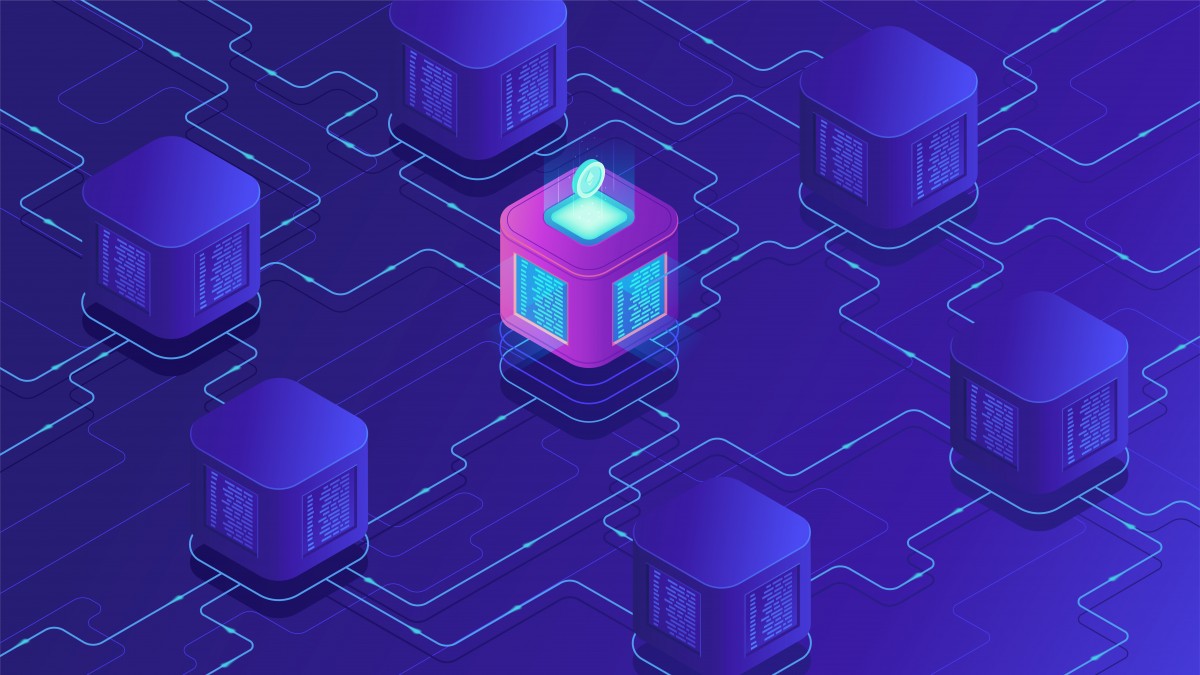Nearly three quarters (72%) of those surveyed noted, however, that they expect the pace of digital transformation to accelerate in the next three to five years. Cloud architectures are expected to have the biggest impact in shaping the future of environmental services over that timeframe (42%), while mobile technologies were referenced by more than a third (35%) of respondents.
Artificial intelligence and machine learning were regarded as impactful by a third of the sample (33%), while Internet of Things (IoT) technologies, including sensors were close behind, with 25% of respondents citing them among the technologies likely to have the most impact in shaping the future of environmental services over the next three to five years.
Tim Woolven, product consultant at Yotta, said: “While most environmental services teams are well underway on their journey to digital or even nearing completion, there is still work to do. Outdated technology systems are seen as one of the main barriers but we would expect that to change over the coming years as mobile systems and cloud architectures become ever more pervasive and advanced technologies like AI, sensors and machine learning continue to mature”.
The study discovered that just under half (48%) of those polled expect improved operational efficiency to be one of the main benefits digital transformation would bring to their organisation’s environmental services provision in the future. Further to this, 44% cited ‘better employee morale’, clearly showing the importance of giving a workforce the latest technology to assist them in their roles. In total, 39% highlighted ‘enhanced data quality’ as a main benefit.




